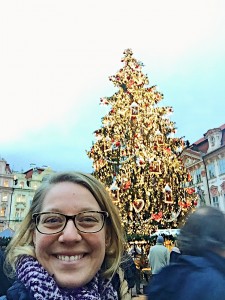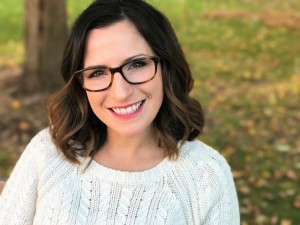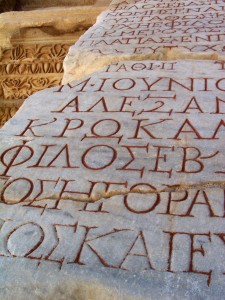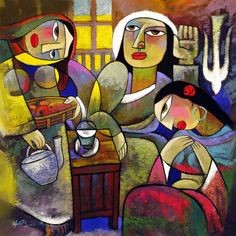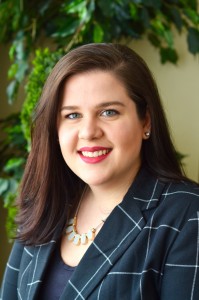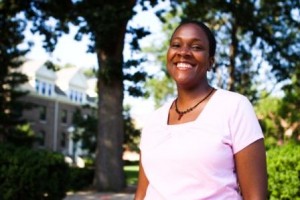This is both the 125th anniversary of the Evangelical Covenant Church as well as the 40th anniversary of the ECC’s decision to ordain women as pastors. Over the next two months we will be featuring brief stories from eight women who will describe their personal experience(s) in being either mentored or encouraged to follow the calling of God to become a pastor. This is part of an initiative of the Commission on Biblical Gender Equality to be known as Project Deborah. Our hope is that you might also respond to God’s “nudge” to develop a Deborah that may be in your midst.
My name is Sarah Henry and I am a pastor with the Evangelical Covenant Church, though many in my past may be surprised to know this. Though I had no examples of female preachers or ministers in my early history and many opportunities to encounter destructive understandings of women in the church, God delivered me to ministry by the hands of incredible women of God. After being told that perhaps I had never read the Bible or being pushed to deny my call, I came to North Park University.
At North Park I encountered two incredible women preachers, Rev. Alise Barrymore and Judy Howard Peterson. Each chapel expanded my understanding of the woman and myself. To hear God’s Word proclaimed eloquently, boldly, and effectively week after week moved me to pursue my own path in preaching.
In the same way, Professor Ginny Olson (author, teacher, and youth ministry expert) guided my entire class of expectant learners into a deeper understanding of the purposefulness of youth in God’s kingdom. It was through Ginny that I met Pastor Diana Shiftlett. Diana is a minister at Naperville Covenant Church. Myself and two other young women began to drive to her church each week to share our lives and to gain insight through her gift of counsel. Weeks turned into years and Pastor Diana pointed me in the direction of self-healing and pastoral ministry.
These women propelled me into a life of service. My wonderful chaplains showed me that being a woman in ministry was not sinful or against God, but right in line with the Kingdom work. It was living into the “very good” God intended. Ginny Olsen pushed me to intern at multiple churches and ministries, preaching, teaching, planning, and sharpening the gifts that God had given me. Pastor Diana to this day pushes me to live deeper into my call.
I am grateful for those that challenged my call because of my gender. They are the reason I asked questions. They are the reason I am so sure of it now. But even more so, I am grateful for those that have gone before. Women that have painstakingly laid the foundations, so that people like me can walk boldly down the path that God has gifted us with. Thank you Alise, Judy, Ginny, and Diana. You may never know the impact you’ve had on my life.
